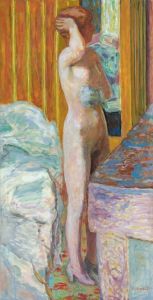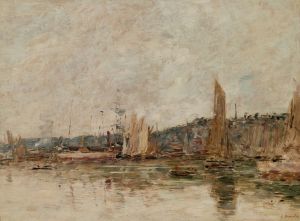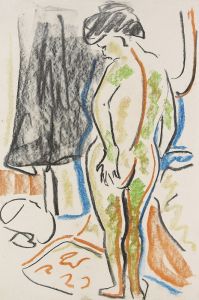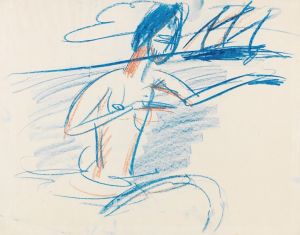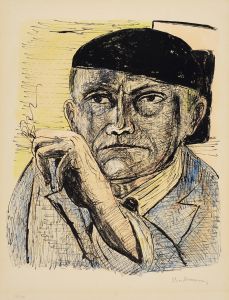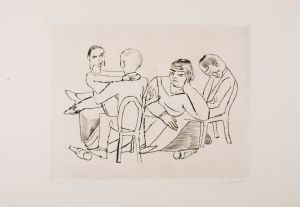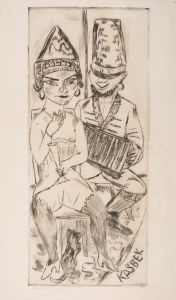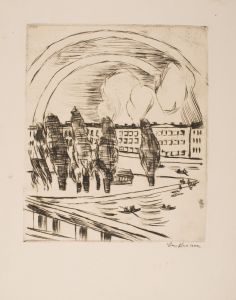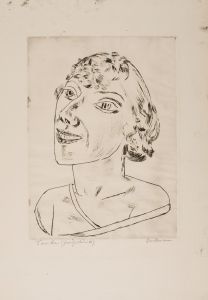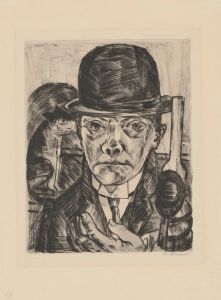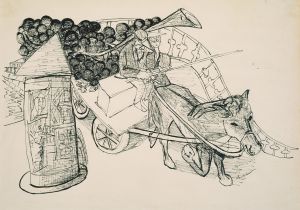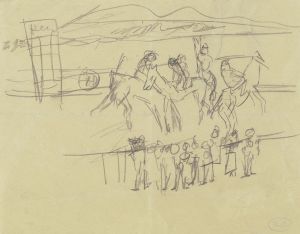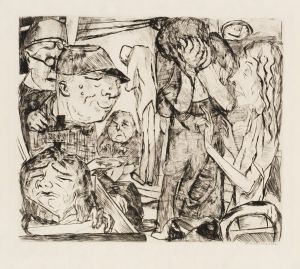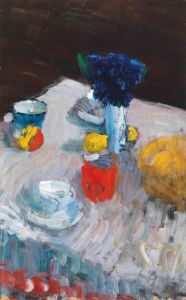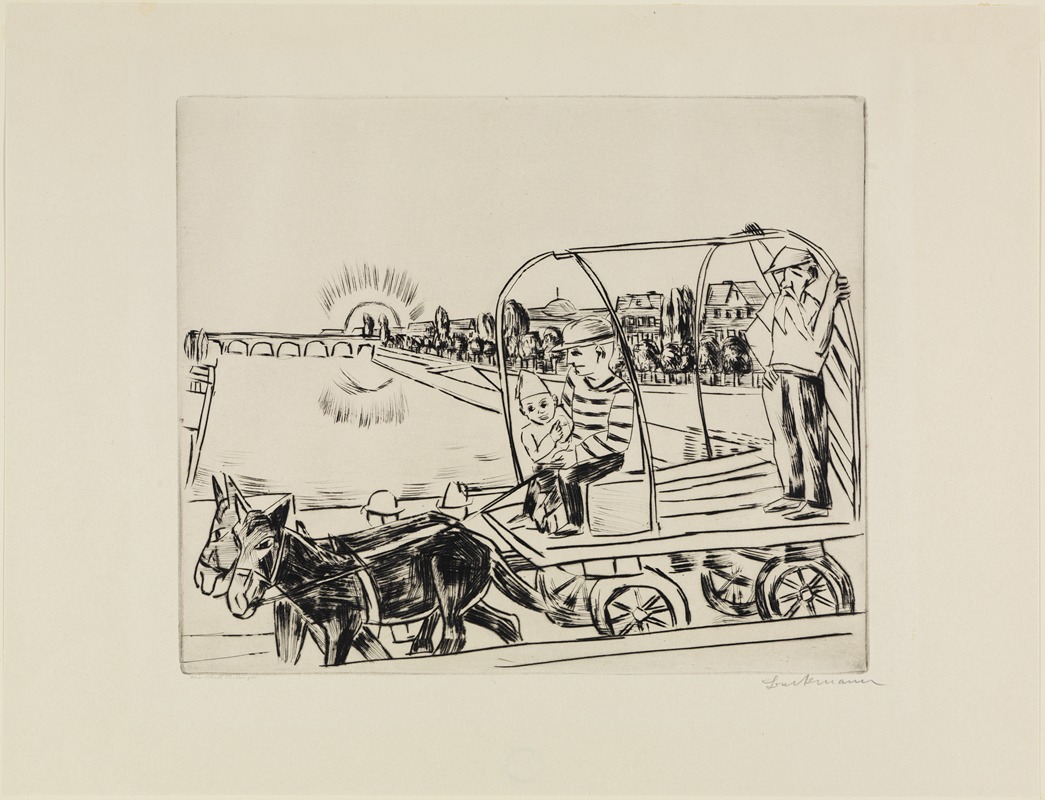
Der Morgen
A hand-painted replica of Max Beckmann’s masterpiece Der Morgen, meticulously crafted by professional artists to capture the true essence of the original. Each piece is created with museum-quality canvas and rare mineral pigments, carefully painted by experienced artists with delicate brushstrokes and rich, layered colors to perfectly recreate the texture of the original artwork. Unlike machine-printed reproductions, this hand-painted version brings the painting to life, infused with the artist’s emotions and skill in every stroke. Whether for personal collection or home decoration, it instantly elevates the artistic atmosphere of any space.
Max Beckmann's painting "Der Morgen" (The Morning) is a significant work by the German painter, known for his unique style that blends elements of Expressionism, New Objectivity, and his own distinctive approach to form and color. Beckmann, born in 1884 in Leipzig, Germany, was a prominent figure in the art world during the early to mid-20th century, and his works often reflect the tumultuous historical context of his time.
"Der Morgen" was created in 1925, a period when Beckmann was transitioning from the more traditional styles of his early career to the more complex and symbolic compositions that would define his later work. This painting is part of Beckmann's exploration of the human condition, a recurring theme in his oeuvre, often depicted through intricate, multi-figure compositions.
The painting features a domestic scene, capturing a moment in the morning with a group of figures engaged in various activities. Beckmann's use of bold lines and a rich color palette is evident in this work, contributing to the dynamic yet somewhat unsettling atmosphere typical of his style. The figures are rendered with a sense of weight and presence, characteristic of Beckmann's approach to the human form, which often conveys a sense of psychological depth and complexity.
"Der Morgen" reflects Beckmann's interest in the interplay between reality and the subconscious, a theme that resonates throughout his body of work. The painting's composition is carefully structured, with each figure and object contributing to the overall narrative and emotional impact. Beckmann's ability to convey a sense of tension and ambiguity is a hallmark of his art, inviting viewers to engage with the painting on multiple levels.
During the time "Der Morgen" was painted, Germany was experiencing significant social and political changes, with the Weimar Republic facing economic challenges and cultural shifts. Beckmann's work from this period often mirrors the instability and uncertainty of the era, capturing the complexities of modern life through his distinctive visual language.
Max Beckmann's career was marked by his resistance to the Nazi regime, which labeled his work as "degenerate art." Despite this, he continued to create and exhibit his art, eventually emigrating to the United States in 1947, where he continued to work until his death in 1950. His legacy is preserved through his extensive body of work, which continues to be celebrated for its profound impact on modern art.
"Der Morgen" remains an important piece within Beckmann's portfolio, exemplifying his mastery of composition, color, and the human form. It is a testament to his ability to capture the complexities of human experience, making it a valuable work for both art historians and enthusiasts alike.





